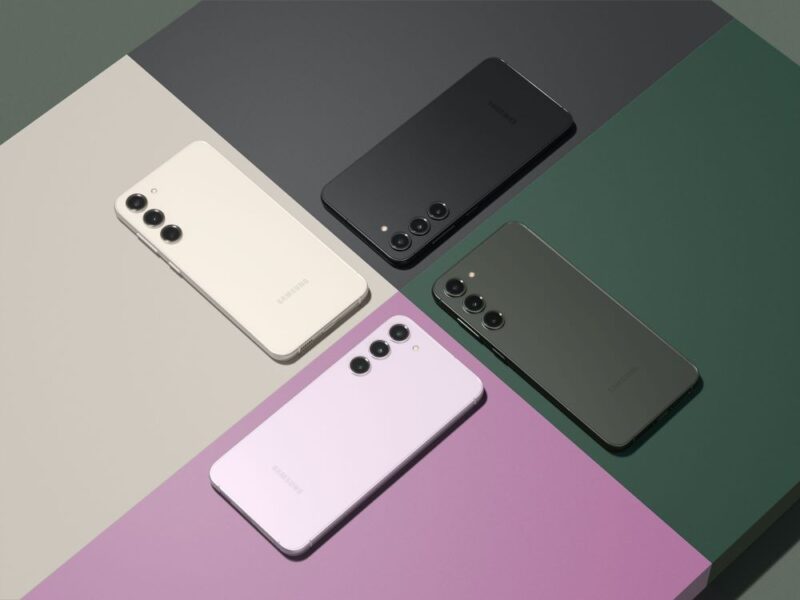Samsung’s New Galaxy Phones Won’t Feature Satellite Connectivity

Samsung announces the new Galaxy S23 smartphones. Photo: Samsung
Samsung announced the details of its new Galaxy S23 series of smartphones this week — and emergency messaging via satellite was not one of the features.
In Wednesday’s Galaxy Unpacked announcement, Samsung announced that the S23 Ultra will use Qualcomm’s new “Snapdragon 8 Gen 2 for Galaxy” chips, but did not mention any satellite messaging features.
Qualcomm’s new processor Snapdragon 8 Gen 2 is the processor compatible with Iridium’s satellite network to allow for satellite-to-cell messaging.
When Iridium and Qualcomm announced the partnership last month, Qualcomm said that emergency messaging will be available on next-generation smartphones, launched in select regions starting in the second half of this year. Qualcomm did not share any manufacturers that would use the capability, but said there are several in development. A Qualcomm spokesperson told Via Satellite on Feb. 3 that it cannot comment on OEM customers’ products.
TM Roh, president and head of Samsung’s mobile experience business, addressed the feature in an interview with CNET. “When there is the right timing, infrastructure and the technology [is] ready, then of course for Samsung Galaxy, for our mobile division, we would also actively consider adopting this feature as well,” Roh told CNET.
Apple’s new iPhone 14 has already begun offering emergency messaging when there is no cellular connectivity, via Globalstar’s satellite network.
Samsung may be waiting until the industry catches up with standardization, Peter Kibutu, advanced technology lead for non-terrestrial networks at 5G satellite consultancy TTP, said in a statement to Via Satellite.
“To date, handset manufacturers have only been able to provide compatibility with a single satellite provider, for example, Apple with Globalstar and Qualcomm with Iridium. The 3GPP standards, which were released at the end of last year, will eventually enable handsets to ‘roam’ between multiple satellite providers and deliver ubiquitous high-performance connectivity beyond emergency services. Therefore, we can expect to see some handset manufacturers wait until the infrastructure is based on industry standards, which will be towards the end of the year,” Kibutu said.
Editor’s note: This article was updated to clarify that the Samsung chip is the “Snapdragon 8 Gen 2 for Galaxy”